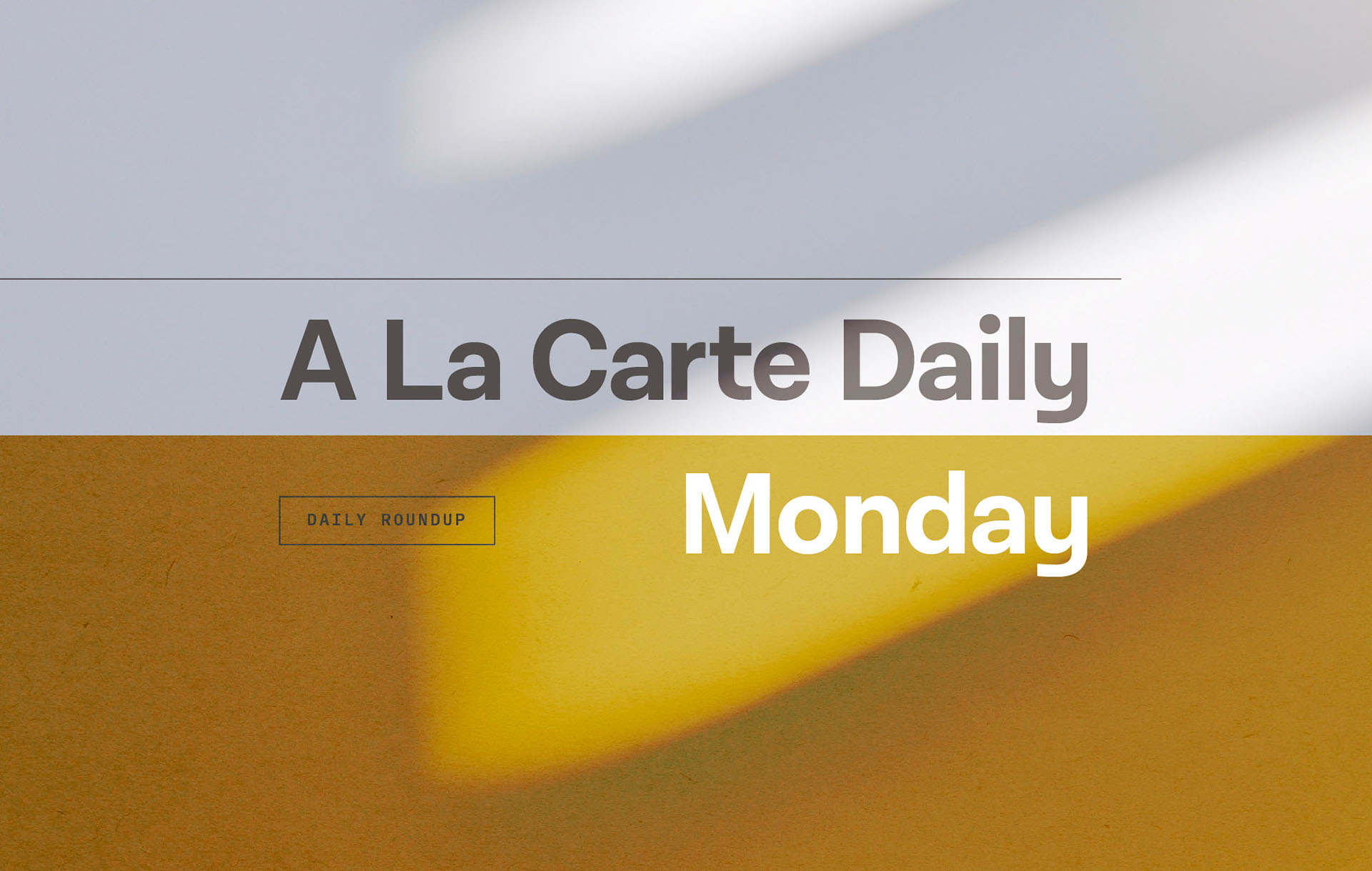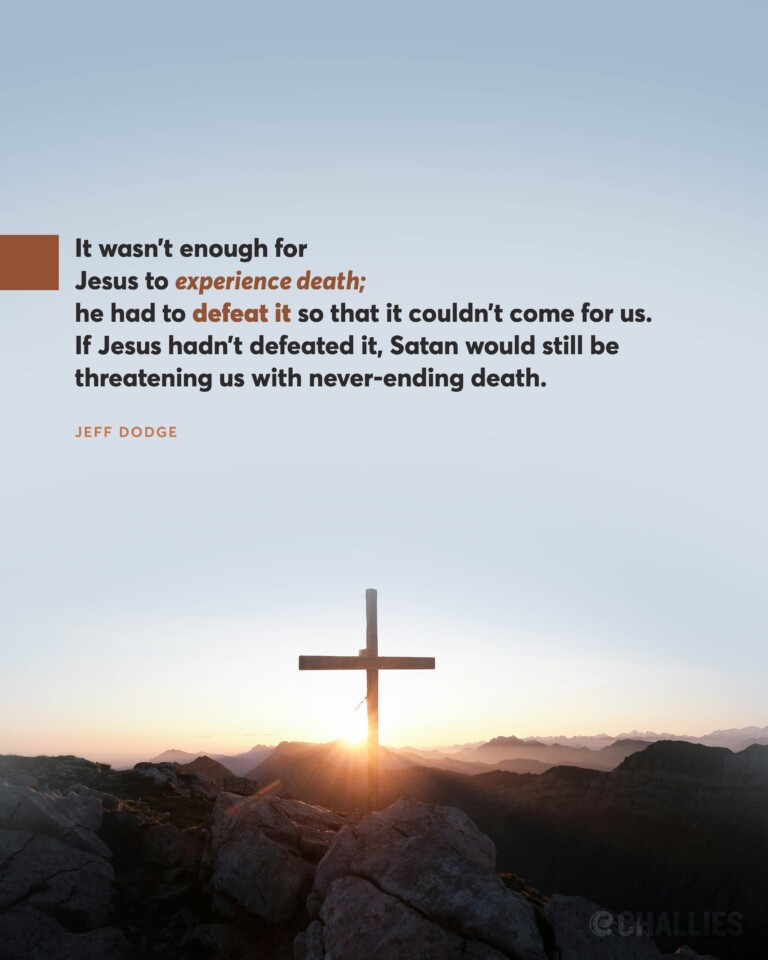Good morning. Grace and peace to you.
Today’s Kindle deals include a list of books on sanctification. You’ll find titles by MacArthur, Piper, DeYoung, and Ortlund. Also be sure to scroll down to March 1 to see what’s new from over the weekend.
Logos users, March Matchups is here! Be sure to cast your votes as we all work toward some great discounts. You can already save on previous winners (ZECNT, NICOT, WCB). You should also check out this month’s free book.
Roman Catholic Apologetics Is Surging Online. Intended Audience? Protestants.
“Where Protestant apologetics is more focused on winning the secular world to Christ, Roman Catholic apologetics often has a different audience in mind: their ‘separated brethren.’ Targeting Protestants is explicitly encouraged.”
What Happened to Peter After Acts 12?
“The Apostle Peter plays a central role in the Gospel books and Acts until Acts 12. From that point on, Peter takes a backseat role in the story of the New Testament. So what happened to Peter at the end of his story?” Wyatt explains a bit about Peter’s later life.
Life Will Not Get Easier
“There’s a lie we all want to believe — even against all available evidence. It trades on our God-given capacity for hope. It tempts even those with impeccable theology. It lures us in and then leaves us in the lurch. It goes like this: ‘Life will get easier if I just make it past this current challenge.’”
The Invisible Man
“Time magazine once featured an article delivering a stunning conclusion. In an extensive cover piece on the nature of the mind, researchers acknowledged that consciousness was an enigmatic, elusive thing that resisted materialistic classification. Nevertheless, though they couldn’t determine what consciousness was, they were certain about what consciousness was not.” Greg Koukl has a long article on the human soul.
When Suffering Knocks
Paul Tripp: “Somehow, someway, at some point, suffering will come knocking on your door. It may start as a quiet, even gentle, knock that gets louder over time, and you know that you will eventually have to open the door. Other times, it may kick the door down suddenly and violently. Perhaps Mr. Hardship will enter like the unwelcome he is but only stay for a little while before leaving. Other times, Mr. Hardship might barge in and take residence in every room of your life indefinitely.”
All My Heroes Are Broken
M. R. Conrad writes about the inevitability of broken heroes.
Flashback: The Beauty of a Gentle Heart
I recently read (and highly recommend!) J.R. Miller’s short work A Gentle Heart, and in that book I came across this convicting passage which reminds us of the source and model of our gentleness.












